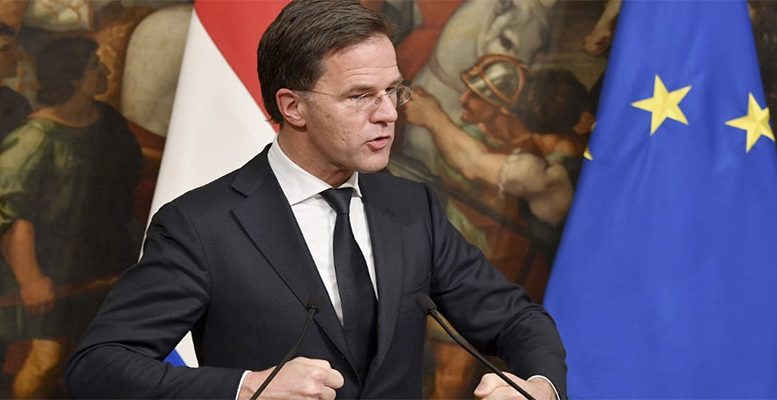J.P. Marín Arrese | The EU strategy for curbing the crisis stalled on Wednesday’s early hours as Holland and Italy bitterly clashed over the scope and conditions of the plans to support ailing partners. Minister Gualtieri rejected anything short of mutually guaranteed bond emissions. His Dutch counterpart flatly refused to envisage such a way out while insisting on demanding structural reforms from any beneficiary of the rescue fund. This row rests on wholly misleading assumptions.
Northern countries adamantly snub Eurobonds fearing to foot the bill of their neighbours’ profligacy. Yet, all existing measures ground themselves on mutual guarantees. Both the ESM rescue fund and money provided by the European Commission or the EIB, ultimately involve a potential liability for the Member States. Even the ECB debt-buying programme engages partners’ finances should failures emerge. The critical difference explaining the huge reluctance towards Eurobonds lies in its open-ended nature. Other support measures embody closed figures which allow everyone to ascertain their exposure to risk.
Holland also pushes for rather strict conditions linked to rescue funding. Yet, only when distressed countries apply for a helping hand, such restrictions play. For the time being, all debtors can tap the markets. Why should they bind themselves to a severe discipline?
Such false assumptions are behind the proposal tabled to offer the rescue fund as the primary financing tool. The worst possible choice as applying to this facility conveys the message that beneficiaries prove unable to finance themselves in the capital markets. Thus, far from preventing the crisis, it may well fuel it as confidence melts down.
Furthermore, the rescue fund grounds itself on the need for the most prosperous countries to support partners in dire conditions. Yet, the coronavirus crisis will hit all partners alike. Thus, mutual support seems the obvious answer. The Eurozone can survive a surge in debt levels. The real danger to its stability lies in the divergence between its members. Applying for rescue support can only contribute to raising doubts on relative performance, triggering speculative outbursts.
Right now, European countries desperately need to preserve market confidence. Any combined action mobilising funds to support all members will help to meet this goal. Any step investors may interpret as a signal that some members of the club are faltering could cause significant turmoil and drive the Eurozone onto a bumpy road.





